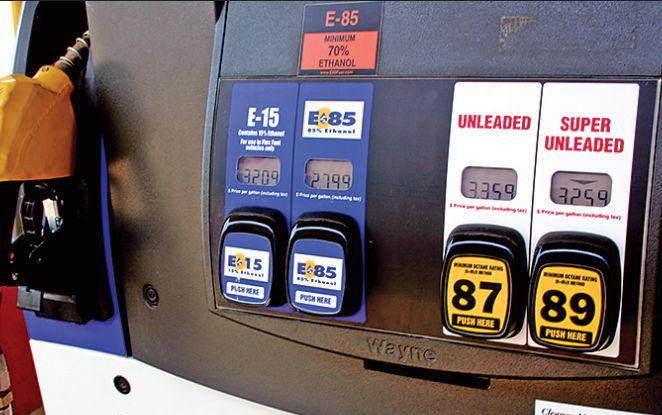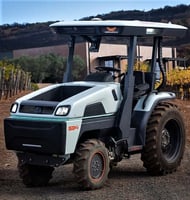Capturing the interactions between biofuels and agricultural industries and their connections with...
John Deere Invests in a Startup Company to Develop a Heavy-duty Truck Engine Able to Run on Straight Ethanol

ClearFlame Engine Technologies announced recently it had secured another $17 million in funding from several companies, including the agriculture-industry stalwart, John Deere.
The funding is expected to enable commercialization of the company's engine technology for the long-haul trucking, agriculture and power generation sectors.
The engine, still in the demonstration phase of development, can run on 98% ethanol straight off the rack, or even on E85, so long as the fuel is close to 85% ethanol.
In October 2020, ClearFlame announced the technology delivered 500 horsepower and more than 2,500 foot-pounds of torque, while eliminating the need for additional aftertreatment, such as selective catalytic reduction or diesel particulate filter systems.
The company said it achieved the results on a Cummins X15, a 500-horsepower, 15-liter heavy-duty engine using the company's high-temperature stochiometric combustion process. The process leverages higher temperatures to achieve diesel-style combustion of any decarbonized fuel.
Previously, ClearFlame has received $4 million in non-dilutive and grant funding from the Iowa, Minnesota, Kansas and Illinois Corn Growers Associations, the National Science Foundation, the U.S. Department of Energy and others. The company completed its $3 million Series Seed financing in early 2020, led by Clean Energy Ventures.
John Deere said in a separate news release that its investment in ClearFlame was "in line with its strategic vision to accelerate and lead the industry in low and zero-carbon powertrain technology.” John Deere also said it will supply an engine to use in conceptual testing, which will "help validate the technology" currently under development by ClearFlame.
EDITOR’S TAKE:
If only this technology was available right now! Not only would this eliminate some of the concerns over current diesel fuel emissions, it would also provide another market for U.S. produced corn. As we have said many times in this AIR, additional demand is the key to higher commodity prices and profits for farmers/ranchers. This is very exciting news for all parties involved, but just as importantly, especially at a time of rapidly escalating fuel prices. And, it is also great news for truckers and consumers who rely on truck transportation. Similarly, the day is not far away when the farmer will be self-sufficient when it comes to fuel for their equipment – it will be produced right on their own farm!








